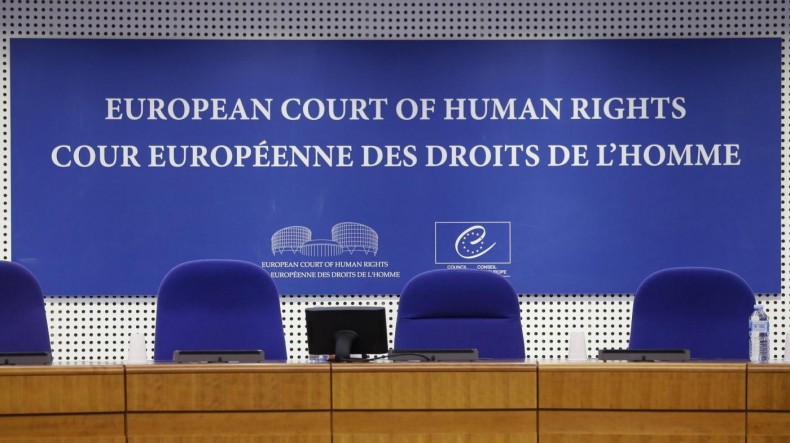
Endangered future of European Court of Human Rights
The European Court of Human Rights is the “jewel in the crown” of the Conventional system of the Council of Europe. It is there to ensure the observance of the engagements undertaken by the High Contracting Parties in the Convention and the Protocols thereto. The Court is the guardian of individual rights and freedoms of 820 million citizens living in 47 member states. Recent years it came into high prominence with its well established case law. It provides for guidelines to member states as standard-setter of the European law and the same time it serves as a last resort for violations of human rights. Indeed, ECtHR plays an important role in protecting and promoting human rights in Europe and needs constant support and encouragement by all relevant stakeholders, including states, civil society, media, etc, to be able to fulfill effectively its mandate.
Alongside with this positive development a potentially harmful trend for the Court is emerging recent years. We would call it “authoritarian drift” of the Court which manifests in zero-tolerance towards any criticism directed to the Court or its judgments. In public sphere any disagreement with the Court, be it politically, legally or ethically motivated, is considered as attack on human rights and democracy with far reaching consequences. The principle of infallibility and even impeccability of the Court is being cultivated and widely promoted. Criticism of the Court is quasi-equal to “legal blasphemy”. We would not dwell on all possible negative implications of this drift but one - lost of the freedom to make mistakes. Yes, the Court is losing its freedom to make mistakes. And as we learned from Mahatma Gandhi “Freedom is not worth having if it does not include the freedom to make mistakes”. What we mean we will explain by an example.
On November 10 in its decision in the case of M’Bala M’Bala v. France (application no. 25239/13) the Court declared the application inadmissible. Relying on Articles 7 (no punishment without law) and 10 (freedom of expression), the applicant complained about his conviction for publicly insulting persons of Jewish origin or faith.
The case principally concerns finding the line between freedom of expression and hate speech. Let’s agree it is very demanding and difficult task. In this case the Court concluded that “Dieudonné M’Bala M’Bala had sought to deflect Article 10 from its real purpose by using his right to freedom of expression for ends which were incompatible with the letter and spirit of the Convention and which, if admitted, would contribute to the destruction of Convention rights and freedoms”. Indeed wise and well-justified decision.
But roughly a month ago, in a similar case of finding balance between the freedom of expression and hate speech- Perinçek v. Switzerland (application no. 27510/08) – the Grand Chamber held , that there had been a violation of Article 10 (freedom of expression). Mr Perinçek also complained that his criminal conviction and punishment for having publicly stated that there had not been an Armenian genocide had been in breach of his right to freedom of expression under Article 10. But in this case the Court concluded that it had not been necessary, in a democratic society, to subject Mr Perinçek to a criminal penalty in order to protect the rights of the Armenian community at stake in this case. There had accordingly been a breach of Article 10 of the Convention”.
So two apparently similar cases and two different decisions. We would not be inclined to look for any other explanations for this discrepancy but to call it an unfortunate judicial mistake if the Court’s freedom to make mistake was still there. However, infallibility thesis opens room for other kind of assumptions. And there are many other judgments of this Court having political, societal and ethical consequences for the society in question that raise controversy and criticism in many member states.
Indeed, there are lots of unfair attacks on the Court which try to justify a member state who fails to fulfill its obligation to abide by the final judgment of the Court. This kind of approach is unacceptable and should be condemned. But in of to uphold its high legal and moral authority the Court should be more consistent and sensible to issues of broad ontological and axiological implications while devising its legally binding judgments.
Anna Mkrtchyan
Newsfeed
Videos






























